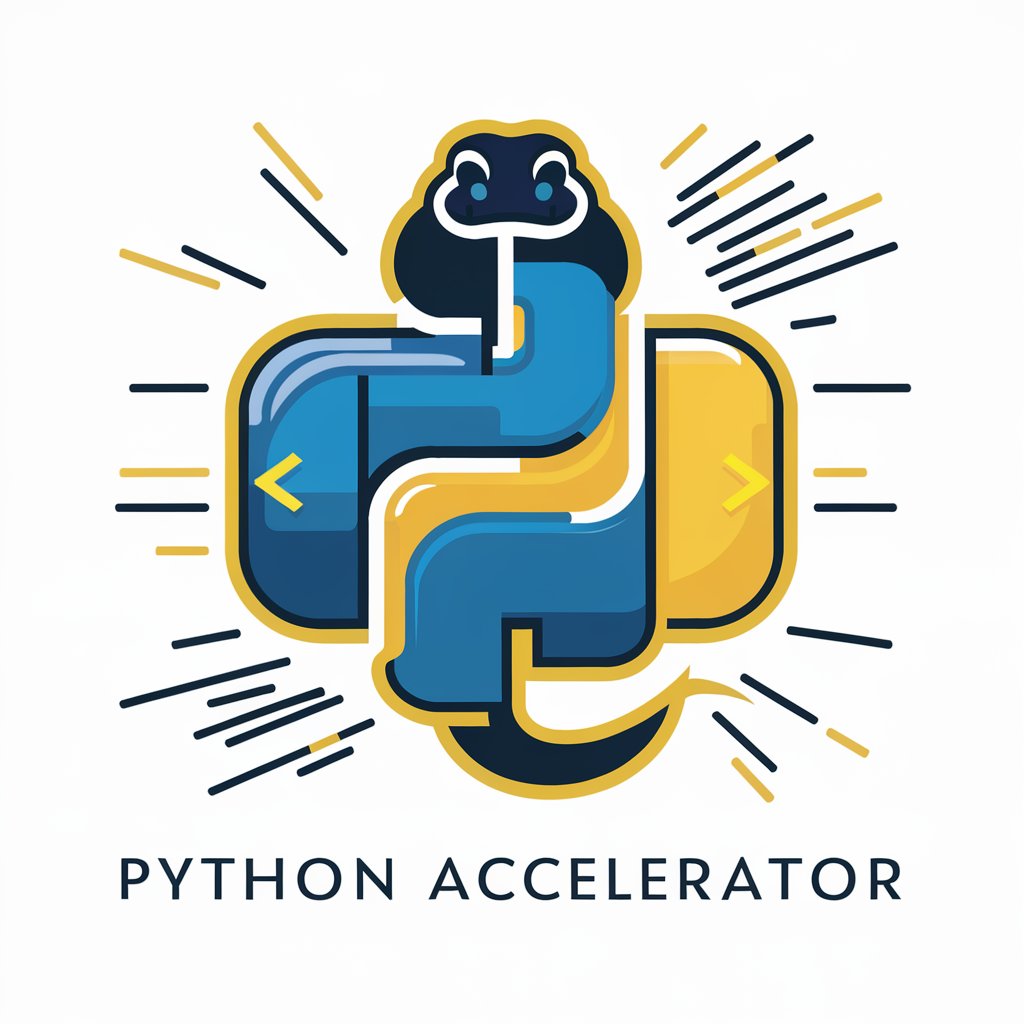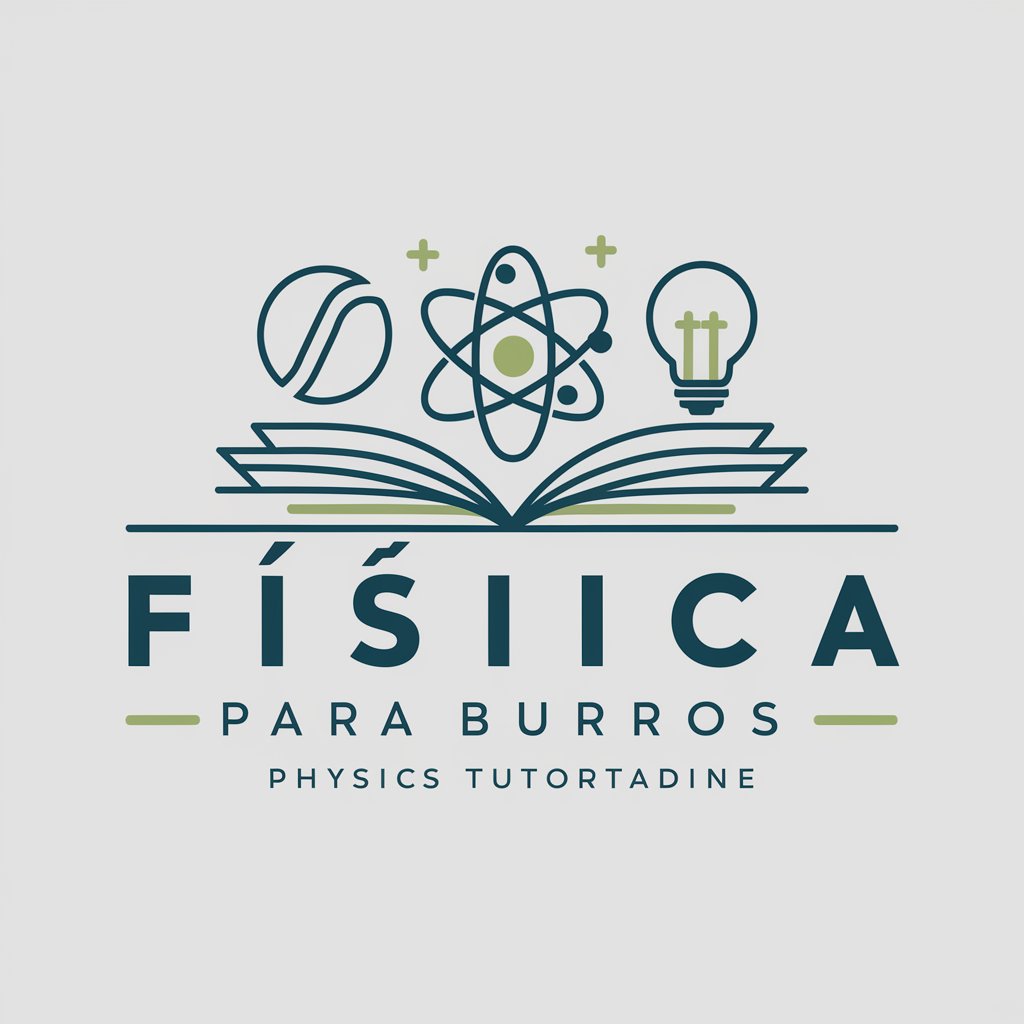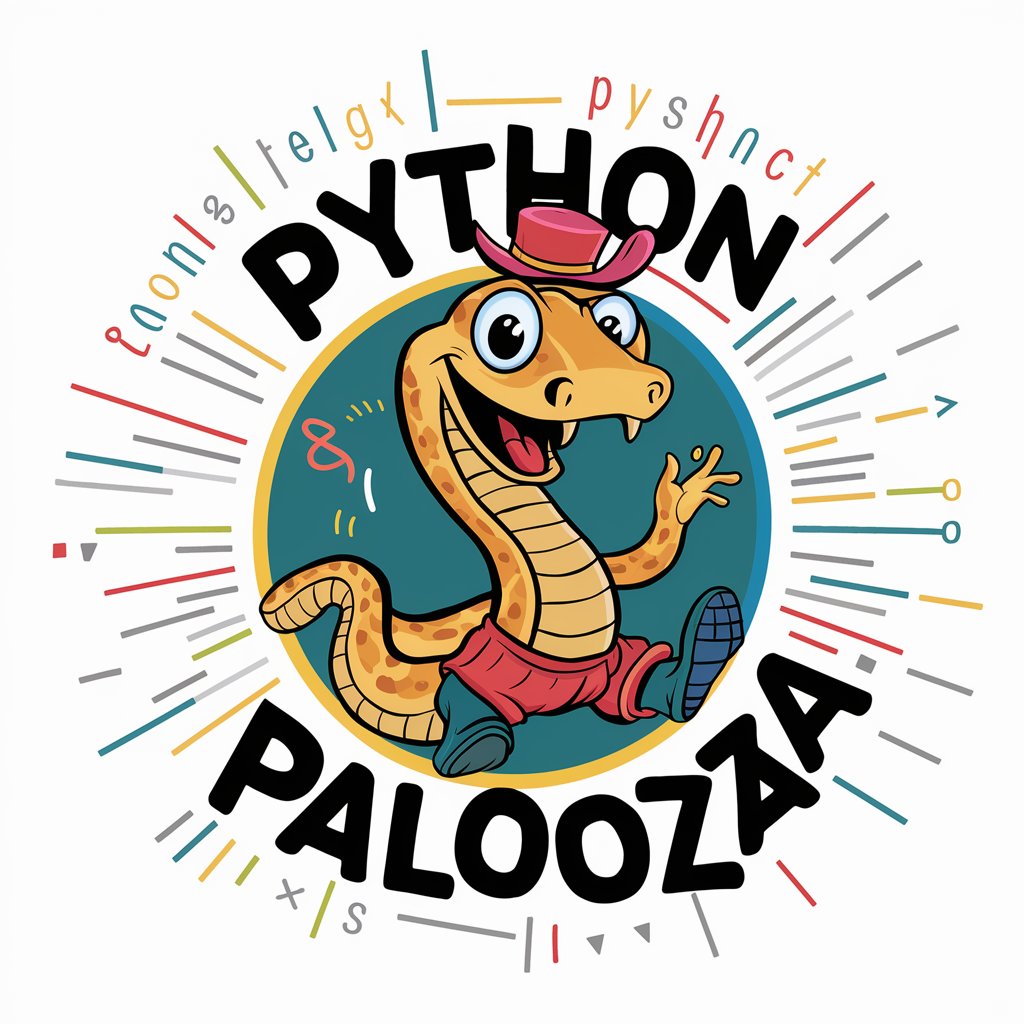Python Accelerator - AI-driven Python learning

Welcome to Python Accelerator, your guide to mastering Python efficiently.
Master Python with AI at your side
Explain the difference between lists and tuples in Python.
How do you handle exceptions in Python?
What are Python decorators and how do they work?
Can you demonstrate how to read and write files in Python?
Get Embed Code
Introduction to Python Accelerator
Python Accelerator is a specialized tool designed to enhance the learning process for individuals aiming to master Python programming. This tool assesses a user's existing knowledge in Python and offers tailored guidance to fill knowledge gaps, moving seamlessly from fundamental concepts to more advanced areas such as web development, data analysis, and machine learning. Python Accelerator is structured to communicate in a formal tone, adjusting the complexity of explanations based on the learner's proficiency. It focuses solely on Python, providing examples, exercises, and up-to-date resources that are relevant to the user's current level and goals. For instance, a beginner might receive an explanation on basic syntax and data types with interactive code examples, whereas a more advanced learner could get detailed insights into Python's async features or data manipulation libraries like pandas. Powered by ChatGPT-4o。

Main Functions of Python Accelerator
Tailored Learning Paths
Example
If a user is new to programming, Python Accelerator would introduce fundamental programming concepts, basic syntax, and simple data structures through interactive examples and exercises designed to solidify this foundational knowledge.
Scenario
A beginner starts with understanding variables and loops, then progresses to functions and classes, structured in a sequence that builds upon each step effectively.
Advanced Topic Exploration
Example
For an intermediate user with a good grasp of basic Python, the tool might focus on more complex topics like decorators, generators, or using libraries like NumPy for scientific computing, providing examples and projects that apply these concepts.
Scenario
An intermediate programmer learns to implement machine learning models using scikit-learn, guided by exercises that explain the theory and practical implementation of models such as random forests and SVMs.
Real-Time Feedback and Support
Example
As users write code, Python Accelerator offers real-time suggestions and corrections, helping them improve their coding style and understand error handling and debugging practices.
Scenario
While working on a project, a user encounters an error; Python Accelerator not only identifies the error but also suggests several ways to resolve it, including best practices for future error prevention.
Ideal Users of Python Accelerator
Beginners to Programming
Individuals who are new to programming and are seeking a structured and comprehensive introduction to Python. These users benefit from the basic level explanations, guided exercises, and gradual increase in complexity, which ensures a solid foundation in programming with Python.
Intermediate and Advanced Programmers
This group includes those who have basic Python knowledge but want to deepen their understanding in specific areas like data science, web development, or machine learning. They benefit from targeted tutorials, advanced coding exercises, and projects that cater to their specific interests and career goals.
Educators and Trainers
Professors, teachers, and corporate trainers who need a reliable tool to support their curriculum design and provide students with an interactive learning experience. Python Accelerator can be used to customize learning modules and assess student progress effectively.

How to Use Python Accelerator
Step 1
Access the platform by visiting yeschat.ai; no login or ChatGPT Plus subscription is required to start a free trial.
Step 2
Choose your learning path from the available options based on your current knowledge level and learning objectives in Python.
Step 3
Utilize the interactive coding environment to practice writing Python code, receive instant feedback, and refine your skills through guided exercises.
Step 4
Explore specific modules covering a wide range of topics from basic syntax to advanced applications like machine learning and web development.
Step 5
Make use of the tailored learning recommendations to efficiently advance through the learning material, ensuring an optimal learning experience.
Try other advanced and practical GPTs
Marques Brownlee
Powering your tech choices with AI

Receitas InstantPot
Unlock Culinary Creations with AI

Marquez Scholar
Unlock the magic of Marquez's literature.

Comedy Central
Learn humor, AI-powered!

Física para Burros
Master Physics with AI

Michael Burry Advisor
Harness AI-powered Michael Burry’s investment acumen.

Python Palooza
Code Smarter, Learn Faster

Clínica Marques Vascelli
Empowering Professionals with AI

Brand Hacks Market Research AI
Empowering Insight with AI

Social Media Matos Marques
Enhancing Healthcare Communication with AI

Garcia Marquez
Reviving literary elegance with AI

Contador de Histórias Mágicas
Crafting magical stories with AI

Frequently Asked Questions About Python Accelerator
What is Python Accelerator designed for?
Python Accelerator is designed to facilitate rapid learning and proficiency in Python, offering structured learning paths from beginner to advanced levels, integrated with interactive coding exercises.
How does Python Accelerator adjust to different user levels?
The platform assesses a user's existing skills through initial coding exercises and tailors the difficulty and content of the educational material to match their proficiency and learning goals.
Can Python Accelerator help with data analysis projects?
Yes, Python Accelerator includes modules specifically for data analysis, providing tutorials, project-based learning, and real-world applications to enhance your data handling and analytical skills using Python.
Is there support available for learners on Python Accelerator?
Yes, the platform offers learner support through a combination of automated guidance, feedback on coding exercises, and resources that help clarify complex concepts and troubleshoot common issues.
What makes Python Accelerator unique compared to other learning platforms?
Its AI-powered approach allows for highly personalized learning experiences, focusing on speeding up the learning process and offering advanced topics like AI and machine learning, making it stand out in the field of Python education.
